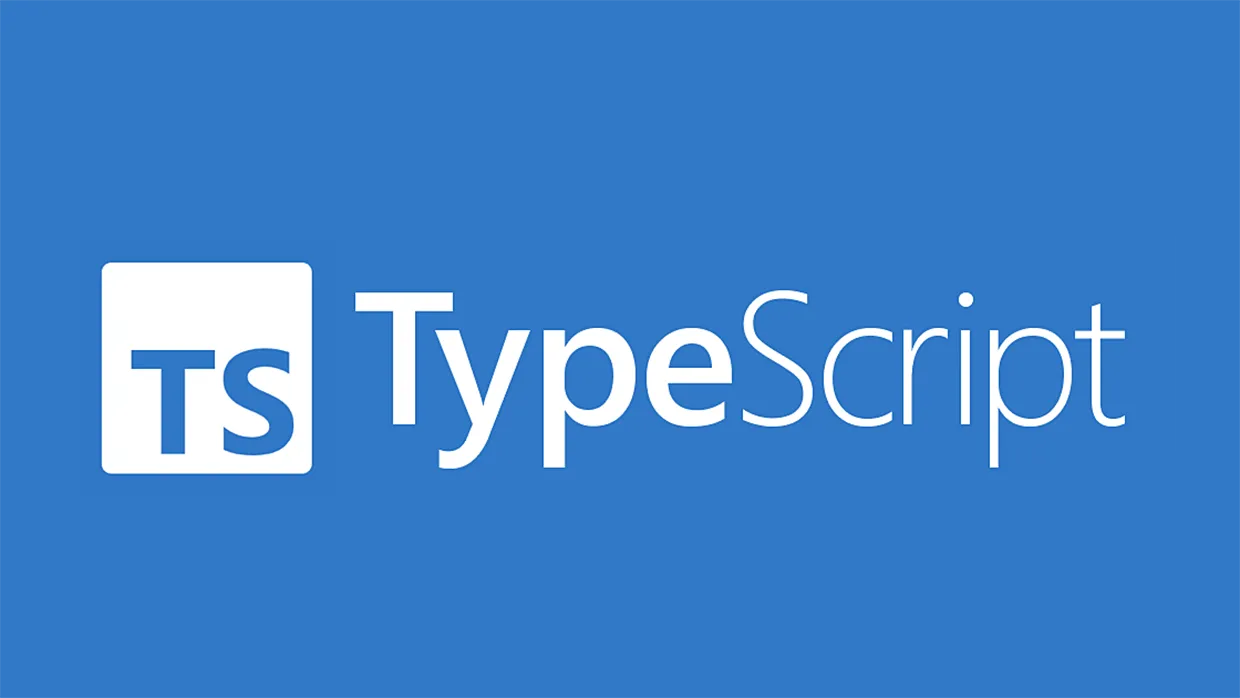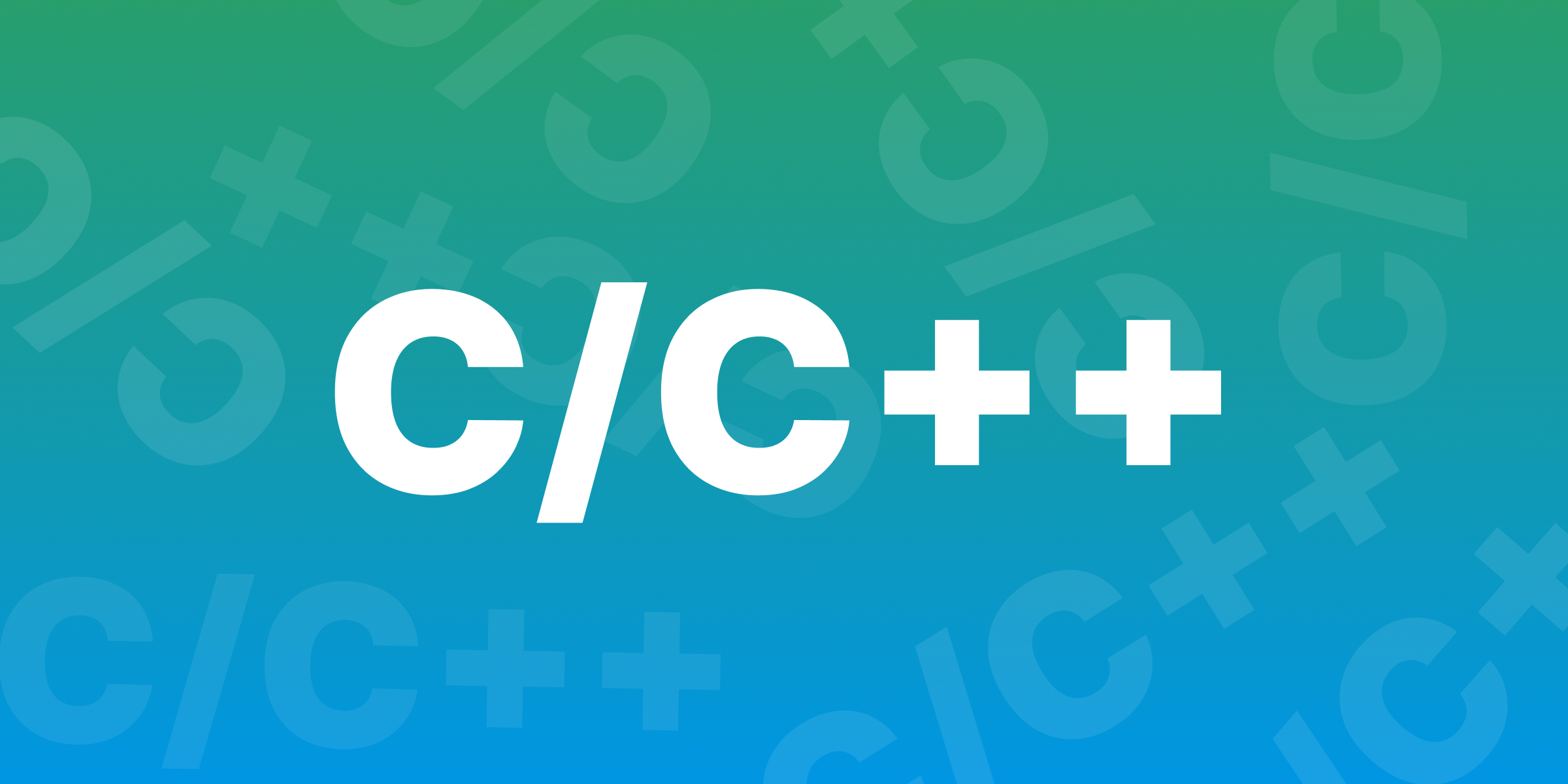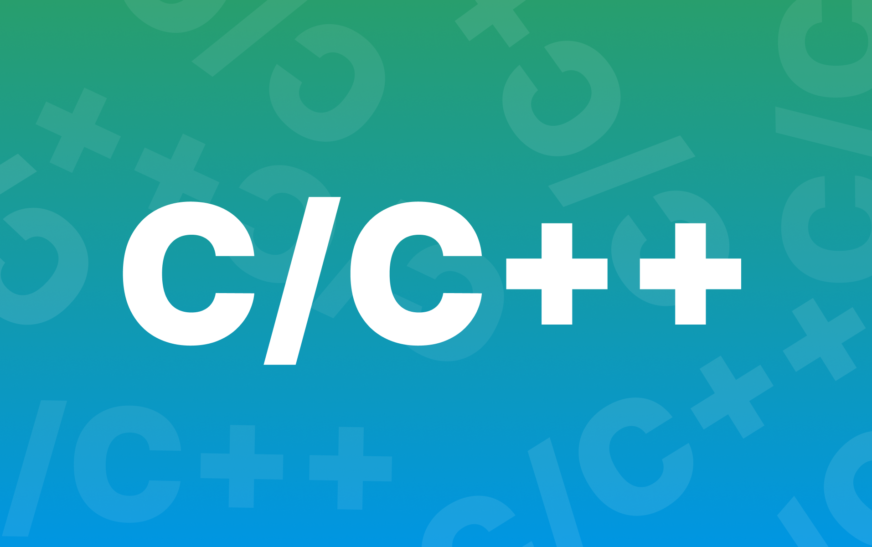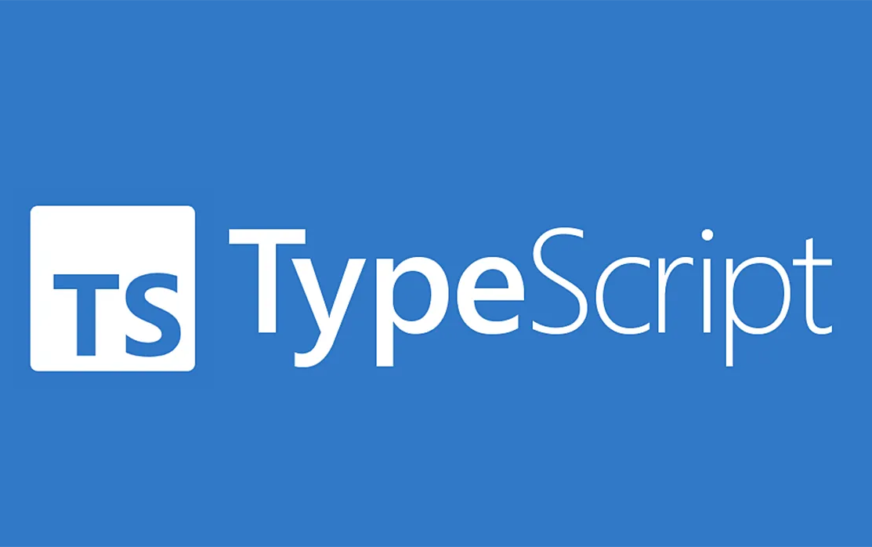PHP has long been a cornerstone of web development, trusted by developers worldwide to create dynamic, user-friendly websites. From personal blogs to large-scale e-commerce platforms, PHP provides the tools needed for interactive and adaptable web solutions.
Used by millions of websites, PHP continues to grow in popularity thanks to its flexibility, open-source nature, and ease of use. Its ability to handle everything from simple tasks to complex functionalities makes it a favorite among both beginner and experienced developers.
Understanding PHP and Its Importance

What Makes PHP Stand Out?
PHP, another way to say “Hypertext Preprocessor,” is a server-side prearranging language constructed explicitly for making dynamic site pages. It works behind the scenes to power many of the websites you interact with daily, from processing login credentials to managing online purchases.
PHP is essential because it bridges the gap between static and interactive websites. It connects web pages to databases, enabling features like personalized content, real-time updates, and secure transactions. This makes it a basic instrument for current web improvement.
Key Reasons Developers Love PHP
Why Is PHP a Top Choice?
One of PHP’s strongest features is its simplicity. Its beginner-friendly syntax allows newcomers to start building projects quickly without the need for advanced tools. This accessibility makes PHP a great entry point for anyone learning web development.
PHP’s flexibility is another major advantage. It integrates seamlessly with popular databases like MySQL, enabling developers to build websites that store and retrieve data effortlessly. Whether for small blogs or complex systems, PHP handles data efficiently and reliably.
Lastly, PHP’s open-source nature ensures constant improvement. Its large community of developers shares tools, resources, and support, making it easy for anyone to find help or enhance their skills.
Popular Websites That Use PHP

PHP’s Role in Big Platforms
PHP powers some of the most popular websites on the internet. For example, Facebook, initially built with PHP, still relies on it in specific areas. Similarly, Wikipedia uses PHP to manage its vast collection of articles and user interactions.
Other platforms like WordPress and Etsy also depend on PHP to deliver dynamic and scalable user experiences. Its reliability under high traffic and ability to adapt to growing needs make PHP a preferred choice for many global websites.
How to Start Learning PHP
Beginner Tips for PHP
Learning PHP is clear, on account of its effortlessness and the wealth of assets accessible on the web. Beginners can start by understanding the basic syntax and practicing with small projects like a contact form or a simple web page.
To begin coding in PHP:
- Install a local server tool like XAMPP to test your code locally.
- Create a PHP file and start experimenting with basic commands.
- Progress to database connections to add dynamic functionality to your projects.
Joining online forums and communities is also a great way to seek advice, share progress, and stay motivated during your learning journey.
Why PHP Excels in E-Commerce Development
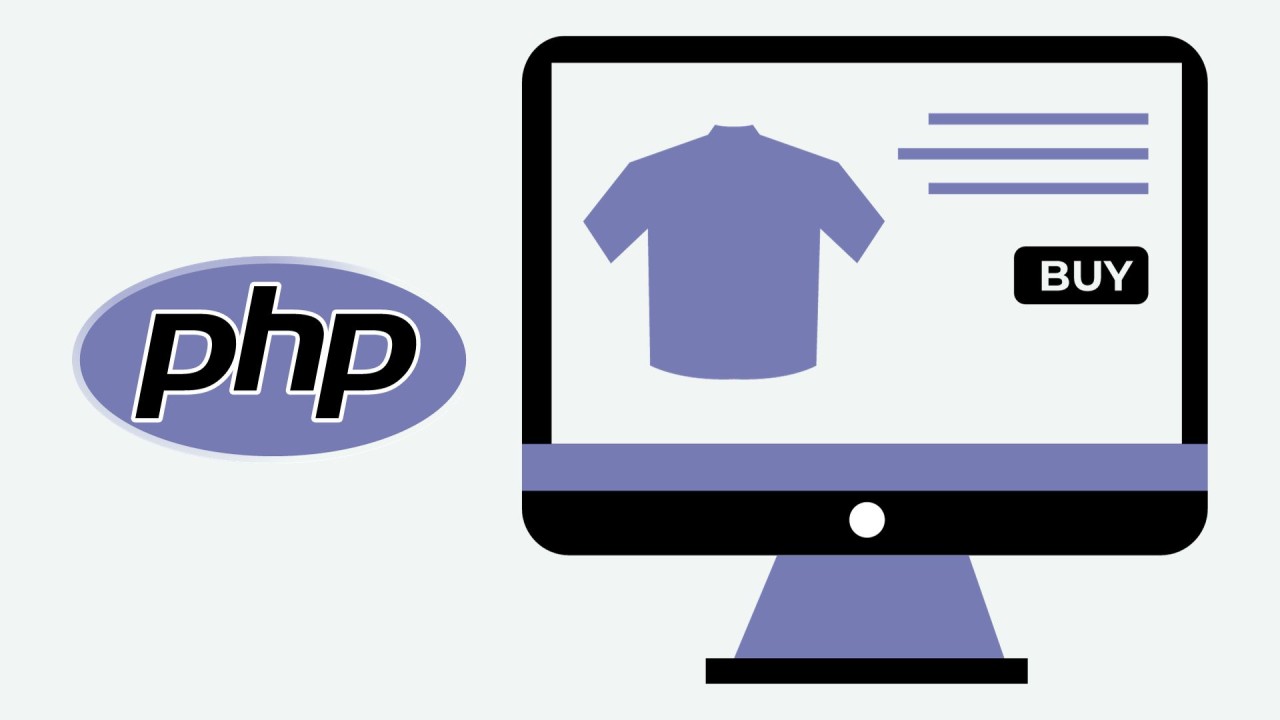
Building Secure Online Stores with PHP
PHP is a perfect match for e-commerce websites. It enables the creation of advanced features like shopping carts, secure payment processing, and detailed product catalogs. These capabilities ensure smooth and engaging shopping experiences for customers.
Security is another area where PHP shines. With its robust encryption features, PHP safeguards sensitive data like payment information, building trust with users and ensuring safe transactions. This makes it a top choice for developers working on online stores.
The Future of PHP in Web Development
Why PHP Remains Relevant
Despite the rise of new programming languages, PHP continues to thrive. Regular updates bring improvements in speed, security, and performance, ensuring PHP keeps up with the evolving demands of web development.
Its active developer community further strengthens its position. The continuous creation of libraries, tools, and frameworks enhances PHP’s functionality, making it a valuable asset for modern projects.
Conclusion
PHP remains a foundational tool for web development, offering unmatched versatility and ease of use. Whether you’re a beginner creating your first website or a professional managing complex applications, PHP equips you with the tools to succeed.
By learning PHP, you open doors to numerous opportunities in the tech world. With consistent practice and exploration, you can master PHP and contribute to the ever-growing web development industry.


